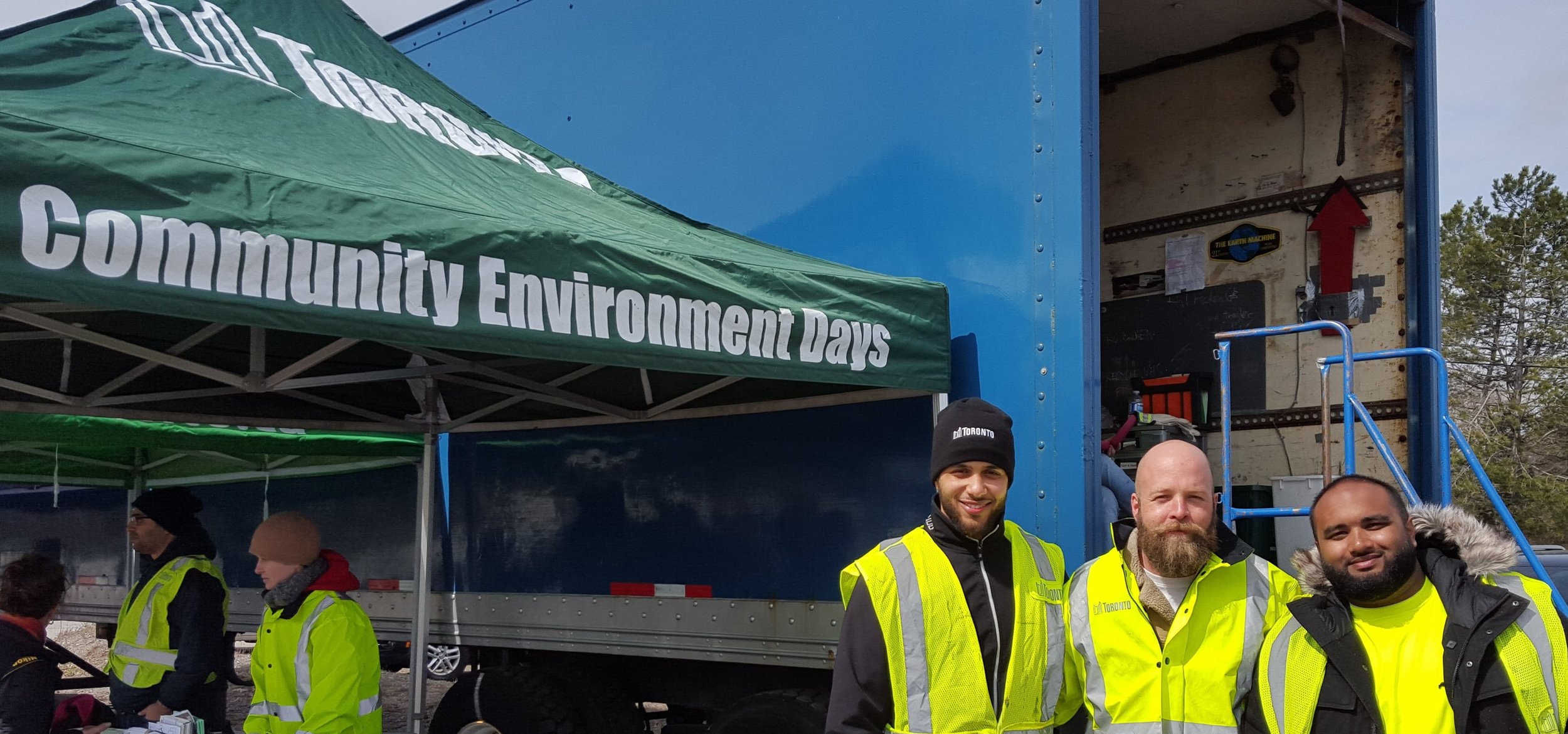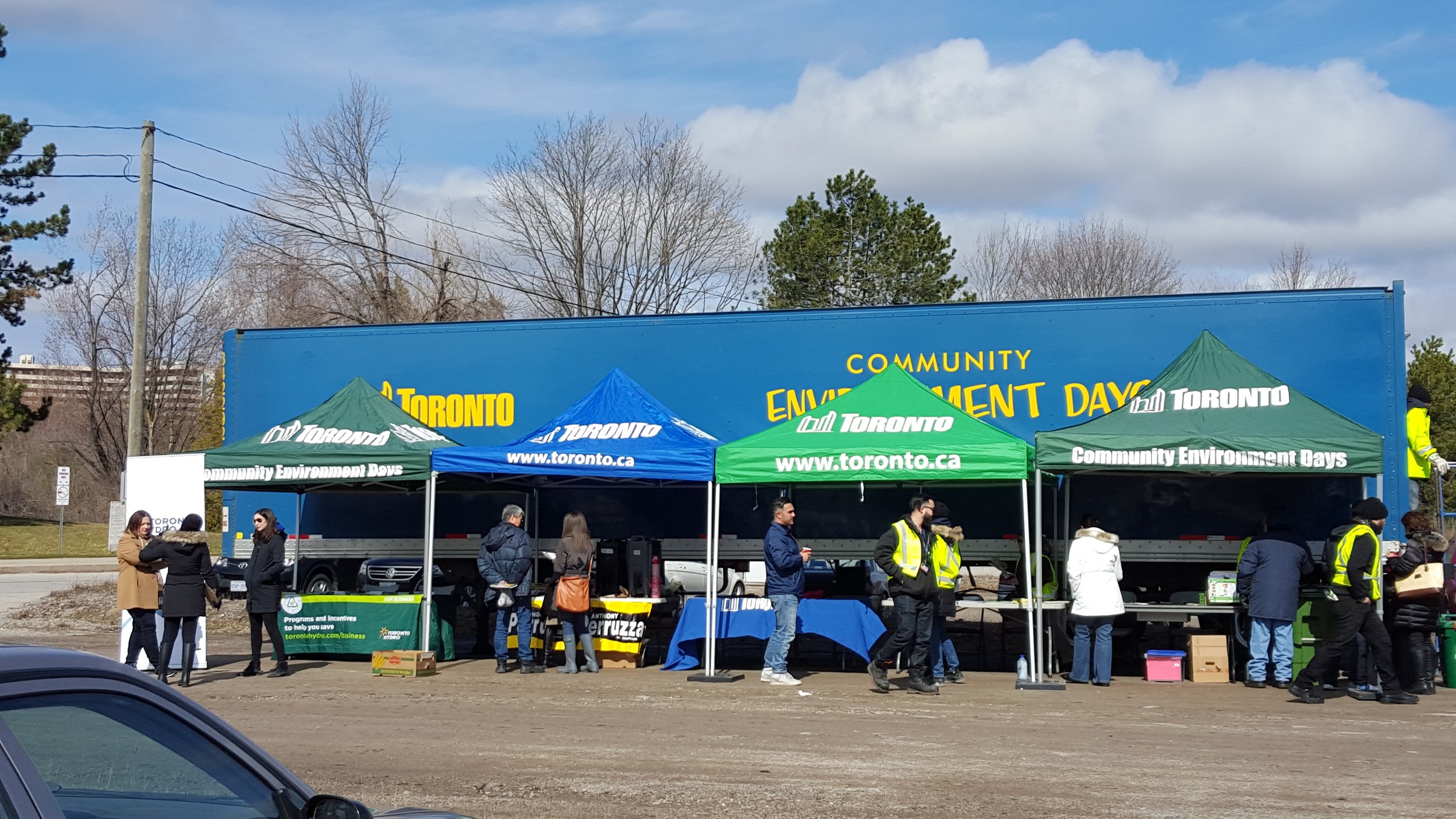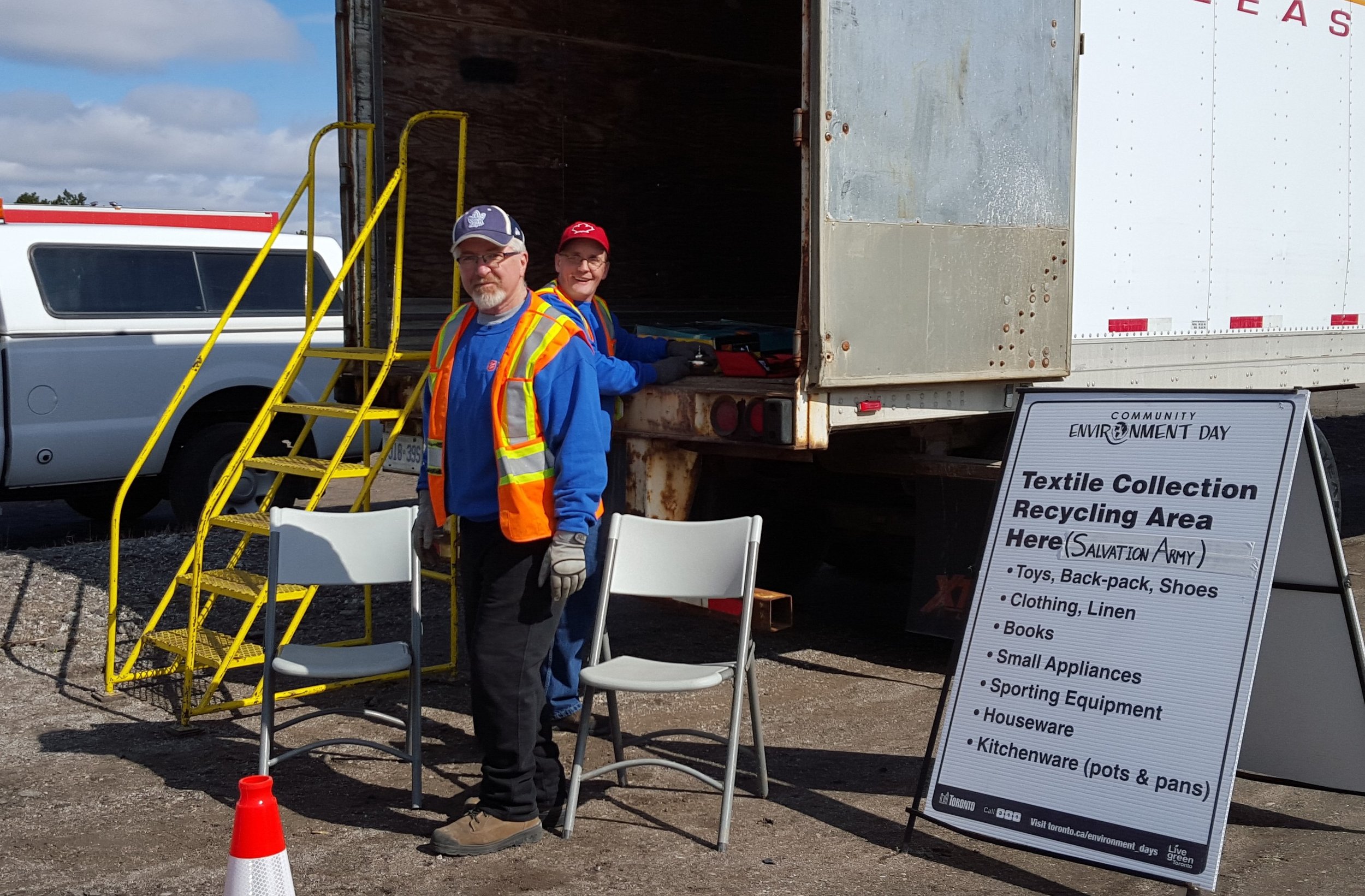Our city faces many challenges, like affordable housing, strained infrastructure, climate change and social inequity. Our municipal government at City Hall has a responsibility to stay on top of these ongoing challenges by restructuring elements of Toronto’s budget. City Council must find ways to secure income and funding in order to provide us with the services that we need and rely on.The City’s budget committee has approved a $13.46 billion operating budget for 2019. This year’s budget includes a 2.55% property tax increase, a 3% water rate increase, and a 10-cent TTC fare-hike.Budget Chief, Councillor Gary Crawford, highlights that the 2019 budget operates without cuts to services and makes substantial investments in transit, policing and other important initiatives. Other councillors, including Councillor Mike Layton, don’t foresee the proposed budget rectifying issues effectively enough to sustain the growing needs of people throughout Toronto.Layton says, "We need bolder solutions and a break from the status quo.” Layton also notes he would challenge other councillors to make the necessary investments in services like winter road maintenance - which is popular among many Torontonians after recent snowstorms. The idea of building a prosperous city for everyone has become a guiding principle in the budgeting process, but that needs to be a reality supported by numbers.While allocating more towards the TTC is critical for our future, the 10-cent fare hike will negatively impact many TTC riders - from students to seniors. TTC riders already pay some of the highest prices for transit in North America. The lack of affordable housing and homelessness are large issues here in Toronto. The City has reaffirmed its commitment to adding 1000 shelter beds by 2020, costing $62 million. Toronto Community Housing will be receiving $195 million towards priority repairs. While these increases are seen as steps in the right direction, many demand more long-term investments in social housing, shelters and other supports in order to help alleviate the burden for those in need and Toronto’s record-high rents. Many have either heard of or witnessed construction for the Basement Flooding Protection Program in their neighbourhood. This program provides the necessary upgrades to our sewer and watermain system to help ensure that we can handle heavy rainfall during serious storms. These upgrades further help to prevent basement flooding. This program costs $58 million and is one way that we can be better prepared for climate change at the municipal level.Executive Committee must deliberate the budget before it moves ahead to be fully debated and finalized by the rest of City Council this month. For more information, including a thorough breakdown and explanation of different elements of the budget, please visit: https://www.toronto.ca/city-government/budget-finances/city-budget/







